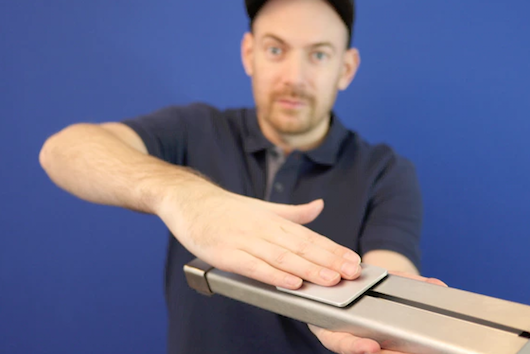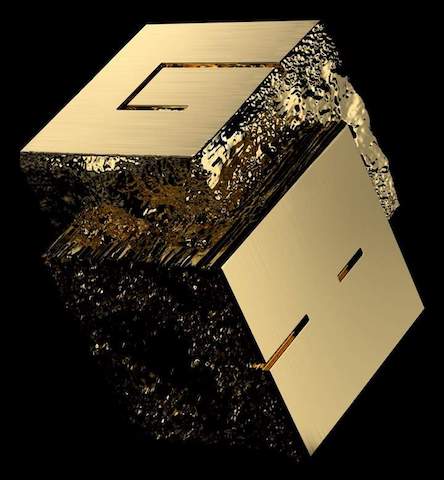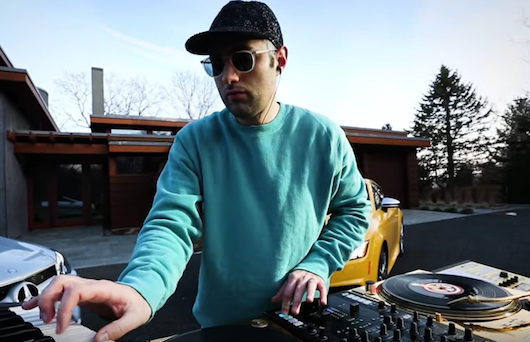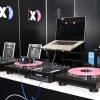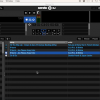Used DJ gear can be a cost-effective option for your DJ career. Secondhand DJ equipment can give you access to the gear you might otherwise not be able to afford or a chance to work with a system before making a more significant investment in the latest version. Plus, it’s good for the Earth to keep equipment that still has life left in it, producing tracks and fulfilling dreams. And who isn’t for that?
But what does inspect thoroughly mean?
And what does fulfilling your dreams even look like?
We took a look at some reliable sources to help you organize your thoughts and get the best possible deal for your DJ gear at the same time.
Before You Buy Used, You Should Do Some Thinking and Planning
For many DJs, a low price for a system they could otherwise not afford is a significant motivator for buying used. However, buying on price alone isn’t always the best move. There is some prework you can do that can improve your decision-making. According to DJ Mentors, you should consider these critical factors before shopping to help you better decide about used DJ gear.
- Assess Your Needs: Are there any limitations with your current equipment that hinder your performance or creativity? Identify your desired key features or functionalities in your next DJ gear setup. Understanding your needs will help you prioritize what to look for in an upgrade.
- Do Your Research: Familiarize yourself with the different types of DJ gear available and their features. Consider your DJ style and what it requires—research brands and models to find the equipment that best suits your needs and preferences.
- Establish a Budget: Determine how much you can spend on your desired DJ gear. Consider the upfront cost of the equipment but also any accessories or software licenses you may need. Set a realistic budget and start saving accordingly.
- Test or Rent It if Possible: Test equipment before purchasing whenever possible. Visit a music store, DJ equipment rental service, or DJ expo events where you can try out different gear. Reputable sellers should allow you to assess the equipment’s functionality, whether it’s a mixer, controller, PA system, or turntable. If testing isn’t possible, consider renting gear briefly to gauge its performance and suitability for your needs. When buying from platforms like eBay, where testing may not be feasible, check the return options to ensure you have a recourse if the equipment doesn’t meet your expectations.
- Demo the Software: If you’re considering DJ controllers or software that lock you into a specific ecosystem, try the software beforehand. Most software companies offer trial versions or demos that allow you to explore their features and workflow. Ensure the software aligns with your DJing style and provides the required functionality.
Per Mix City Inc., there are other critical actors to consider when evaluating used DJ gear:
- Physical Wear and Tear: Check for any visible scratches, dents, scuffs, or “bruises” on the equipment. While some wear can indicate durability, excessive damage may suggest poor care or imply that the gear is nearing the end of its life. Ask the seller about the equipment’s condition and how they stored it.
- Loose Wires, Toggles, or Knobs: Pay attention to any loose parts on the equipment. Knobs, switches, and wires should have the appropriate tension and not feel worn. While some adjustments, like mixer faders, can be personalized, excessively loose faders may indicate heavy wear and use.
- Connection Issues: External appearance doesn’t always reflect a unit’s internal condition. Connect your cables to the gear and listen for static, humming, buzzing, or feedback. If you notice any issues, talk to the seller about the equipment’s history, including purchase date, servicing, or repairs, and whether it still has all of its original parts.
- Sleep on the Decision: After gathering information, testing, and researching, reflect on your options. Consider how excited and confident you feel about the gear. Take a step back, evaluate your enthusiasm, and ensure you want to make that spend.
- Execute, Make Your Move: Once your due diligence is complete and you feel confident in your choice, double-check your seller’s reputation and consider warranty options, return policy, and other relevant factors, ensuring a smooth transaction. If it all checks out, go for it.
Master Your Equipment
Now that you have the deal, you should be done, right? Not so fast! Mix City says that once you have your DJ gear, invest time mastering it. Practice regularly, explore new features, and experiment with different techniques. Becoming proficient with your equipment will maximize its potential and help you make better decisions when considering additional future purchases.
The decision between investing in the latest gear or buying used equipment depends on your circumstances, preferences, and budget. Consider your specific needs and weigh the cost-effectiveness of each option. Buying used gear can come with some risks, but following these guidelines can make an informed decision for your DJ business.
Sources:
(2018) Things to Look For When Buying Used DJ Gear |Mixcity Blog, Mixcity Blog. Available at:https://www.mixcityinc.com/blog/things-look-buying-used-dj-gear/ (Accessed: 30 May 2023).
Mentors, D. (2023) Buying Second Hand DJ Equipment, Djmentors.substack.com. Available at:https://djmentors.substack.com/p/buying-second-hand-dj-equipment (Accessed: 30 May 2023)


